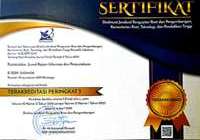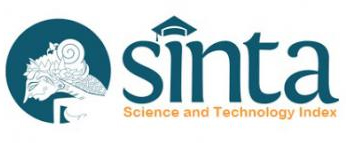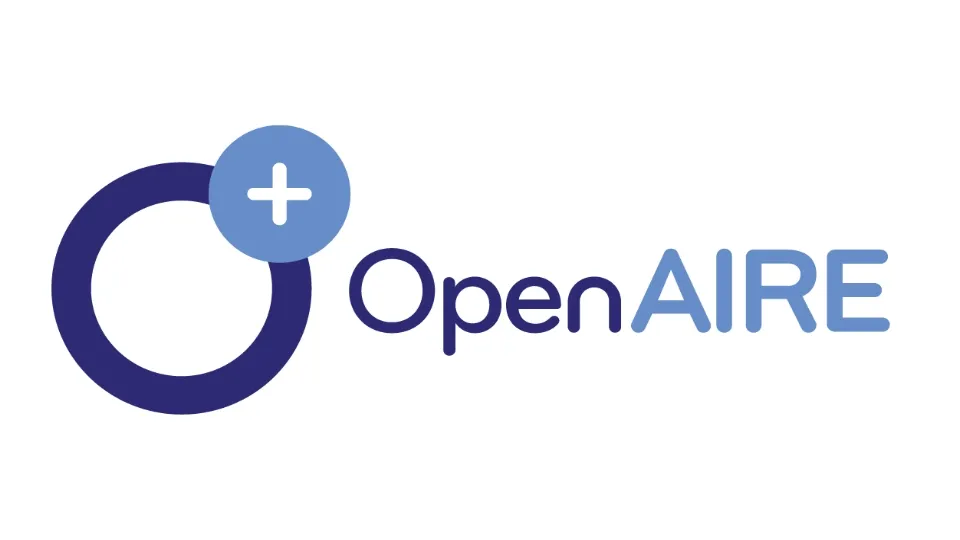Coworking Spaces for Strengthening Academic Libraries Role (A New Trend in the Digital Age)
Abstract
This research aims to encourage the role of libraries as learning resource centers. The rise of coffee shops is a challenge for library service developers. The paradigm shift and the pattern of user habits in obtaining information have had an impact on the decrease in the number of library visitors. The coffee shop offers a free space with a wide selection of food and soft drinks to meet and discuss with colleagues. The problem that arises then is how libraries can answer the challenge of changing user behavior in spreading information. This article tries to explain one of the efforts to provide a user-based service. This study uses a qualitative descriptive approach to describe the strategic role of libraries in the reality of changing people's information behavior. Secondary data from the previous article were collected and then analyzed descriptively and systematically. The validity of the supporting data is sufficient if it can answer this research problem. The results of this study provide an overview of the urgency of café-style co-working in libraries. Coworking spaces can be designed to resemble coffee shops with a variety of offerings while discussing collaboratively with visitors. Of course, the space is equipped with convenient supporting devices, such as an electricity connection, internet, adequate lighting, music, air conditioning, and flexible service hours. The coworking space in the library also provides access to services for journals and e-books. The library must also be ready to help users who have difficulties using electronic services.
Downloads
Published
Issue
Section
License

This work is licensed under a Creative Commons Attribution-NonCommercial-ShareAlike 4.0 International License.
Requirements to be met by the author as follows:
- Author storing copyright and grant the journal right of first publication manuscripts simultaneously with licensed under the Creative Commons Attribution License that allows others to share the work with a statement of the work's authorship and initial publication in this journal.
Authors can enter into the preparation of additional contractual separately for non-exclusive distribution of a rich version of the journal issue (eg: post it to an institutional repository or publish it in a book), with the recognition of initial publication in this journal.
Authors are allowed and encouraged to post their work online (eg, in institutional repositories or on their website) prior to and during the submission process, because it can lead to productive exchanges, as well as citations earlier and more severe than published works. (see The Effect of Open Access).















